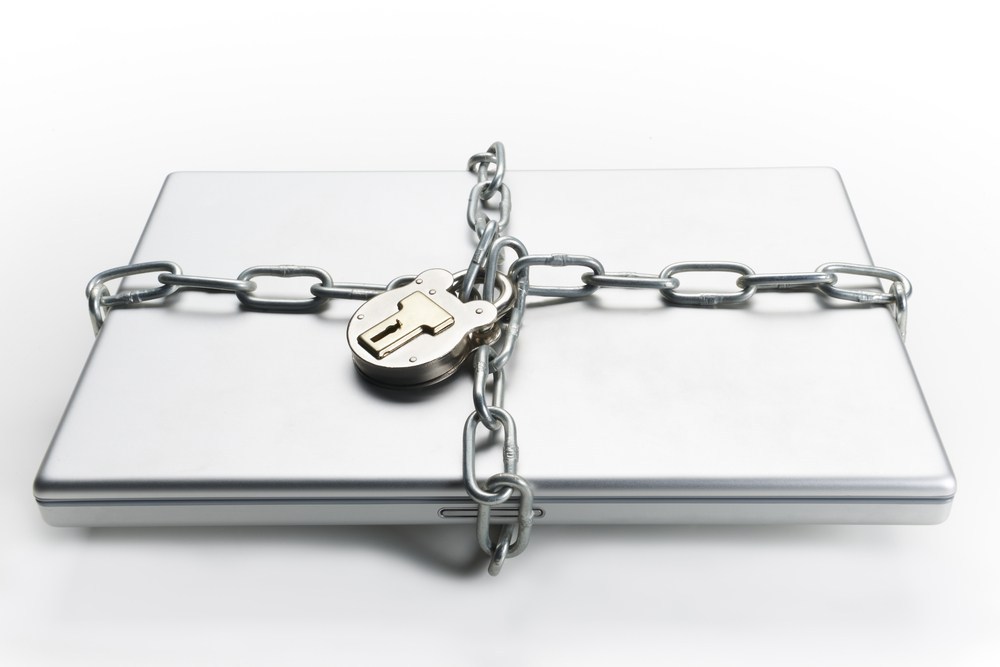Since the 2014 military coup, Thailand’s authoritarian regime has tightened its grip on cyberspace, ramping up attempts to control the internet and online dissent.
To defend internet freedom and maintain pressure, activists have responded with a wave of new campaigns and tactics. Two recent cases illustrate how, and why, some campaigns have been successful and others have not. The lessons learned may offer activists a window into how to maximize their efforts in a highly polarized environment.
New controls, New Activism
After the 2006 military coup, the Thai government enacted the Computer Crime Act, authorizing state agencies to block any internet content deemed threatening to national security or contravening public morals and public order. However, the intensity of internet control has increased dramatically since the 2014 coup, which the military undertook to smooth the process of royal secession and preserve traditional elites’ hold on power.
The resulting junta pledged to take necessary measures, especially through “communication and technological means,” to protect the monarchy from “malicious intent.”
The regime blocked access to hundreds of websites in the week after the coup. It set up working groups to monitor and analyze content, identify problematic sites, and combat online crimes, including the dissemination of illegal information. This heightened internet control was accompanied by a dramatic increase in lèse-majesté charges against critics, dissidents, and ordinary citizens.
Jail sentences for lèse-majesté convictionshave become much harsher for noncriminal acts on social media, such as simply “liking” or sharing Facebook posts or chat messages construed as critical of the monarchy.
The junta proposed two measures of internet control in recent years that drew heavy public criticism—the 2015 Single (Internet) Gateway proposal and the 2016 amendment to the Computer Crime Act. The former seeks to monitor internet content by reducing the existing twelve internet gateways to one gateway controlled by the state-owned CAT Telecom. The latter increases sentences against loosely defined cyber law offenders—aiming to instill fear as well as self-censorship among the populace.
In response to these efforts, online activism has intensified. By criminalizing dissidence and exploiting the country’s polarization to strengthen its own credibility as a force for stability, the military has made it more difficult for civic and political opposition forces to stage street protests.
Many activists have looked to online activism as an alternative. Some critics have been skeptical that this offers a way forward, insisting that the polarization between…
Source link : New control, New Activism : the Growing Cyber Activism in Thailand by Carlos Fuitzer
Discover more from Siam News Network
Subscribe to get the latest posts to your email.

